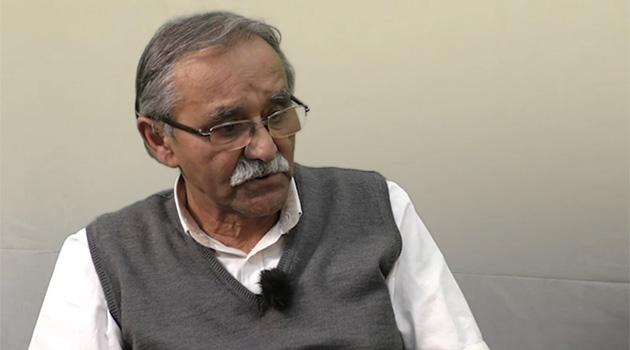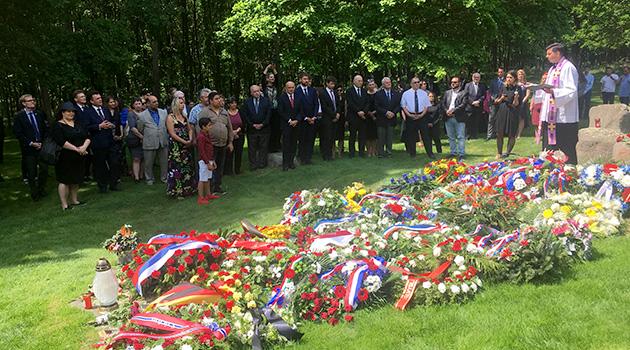Čeněk Růžička: I know I wouldn't survive even three minutes of a knee to the neck, to say nothing of six, mainly because of stress

I am neither a participant in the criminal investigation of the case in Teplice nor am I am witness in the case, so I will therefore share my perspective on this matter with you all. I watched with great interest the video reportage in which Richard Samko, a Romani man, in collaboration with a police instructor, clearly explained how kneeling on a detainee is used in practice, and I hoped the police press conference would answer my questions about the events in Teplice.
I have to say that the press conference did not dispel my doubts – rather, those participating in it confirmed my conviction that the intervention by police in this case was inadequate and, along with the late Mr Tomáš’s state of health, influenced his death. Other Romani people will certainly express their views of that press conference as well.
As far as the video demonstration by the police instructor goes, it was convincing, but I don’t know if the gentleman didn’t intentionally forget to say something about what all such a person experiences while being kneeled upon. It certainly would be worthwhile if an independent professional would express their perspective on that aspect of the case, somebody who is knowledgable about both the medical and the mental processes of somebody who is being pinned down by a knee to the neck.
It seems to me that when an officer is using force against a suspect, it stands to reason that he most likely does not have any information about the detainee’s state of health. The kneeling technique causes the detainee enormous stress (a combination of fear and agitation amounting to rage) that can, in combination with a weak heart, cause death.
It is well-known that stress causes an enormous increase in blood pressure. I can say how such a technique would impact me.
I’m not the youngest person in the world and my own heart works at about 40 % capacity, so my blood does not deliver oxygen the way it should. That is related to my poor breathing – I use an inhaler to improve my breathing and I take blood-thinners.
I also carry pills with me at all times to quickly reduce my blood pressure, if necessary. I know with all but total certainty that I would not personally survive even three minutes of somebody kneeling on my neck, to say nothing of six.
It is dangerous for police to use this kneeling technique that they are praising. The examples that already exist of deaths that have happened during such kneeling should be enough for instructors not to recommend that officers use this technique.
Given the kind of drilling with which police officers are instilled, they tend to become robots who are not thinking at the same time as they are acting – while performing such an arrest their own blood pressure rises, and if the detainee is also a Romani guy, as in this Teplice case, then the officer could lose his judgment entirely. Such is the case of what these police officers have done in Teplice.
Naturally there are also professionals among the police who are able to correctly assess such situations. I am certain that the police could have found a way to bring that detainee to his senses.
Three proficient, trained men were involved in the Teplice case, but after handcuffing the detainee’s hands behind his back, they continued to kneel on him. If those cops had been judicious, Mr Tomáš might still be alive.
Čeněk Růžička is the chair of the Committee for the Redress of the Holocaust of the Roma in the Czech Republic.
